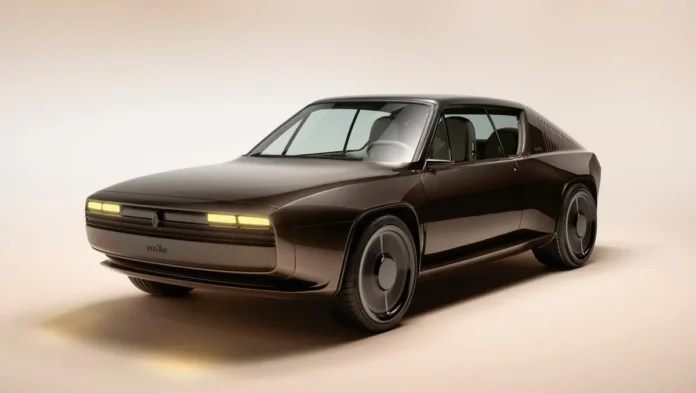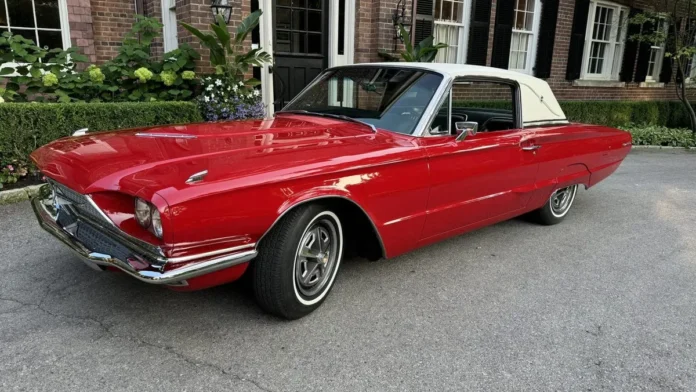Introduction to BMW’s Hydrogen Initiative
In an exciting joint statement with Toyota, BMW has announced that it will introduce its first hydrogen fuel-cell vehicle into series production by 2028. As the automotive industry continuously seeks sustainable alternatives, this development marks a significant step forward for hydrogen fuel technology.

Anticipated Vehicle Specifications
While BMW has yet to disclose the exact type of vehicle that will feature the hydrogen fuel-cell powertrain, it is worth noting that the BMW iX5 Hydrogen variant—a mid-size sport-utility vehicle—provides some clues. With BMW emphasizing that hydrogen powertrains can address the towing limitations of battery-electric vehicles (BEVs), it seems plausible that the new hydrogen model will be an SUV. Additionally, the vehicle will utilize Toyota’s third-generation fuel-cell stack, which promises to be 50 percent cheaper and offer 20 percent more range per kilogram of hydrogen compared to previous iterations.
Technological and Market Considerations
According to Michael Rath, Vice President of Hydrogen Vehicles at BMW Group, fuel-cell vehicles are essentially electric vehicles (EVs) with a different energy storage system. This means that components such as electric motors and power electronics will be identical in both BEVs and hydrogen fuel-cell vehicles. Rath further elaborated that hydrogen vehicles are particularly suited for long distances, heavier payloads, and towing, offering complementary capabilities to BEVs.
Challenges and Market Infrastructure
The introduction of hydrogen fuel-cell vehicles comes with its own set of challenges, particularly regarding fueling infrastructure. Rath specified that any market adopting BMW’s hydrogen vehicles would need a dense network of hydrogen fueling stations. Although efforts are underway in countries like Japan, South Korea, and China, North America faces a unique challenge. Here, the cost of setting up hydrogen fueling stations could be considerably higher than that for DC fast-charging stations for EVs.
Conclusion
BMW’s collaboration with Toyota to roll out a hydrogen fuel-cell vehicle by 2028 underscores the automotive industry’s shift toward diverse energy solutions. While hydrogen technology offers promising advantages, particularly for specific use cases like towing and long-distance travel, the development of a robust fueling infrastructure remains a critical hurdle to clear.


